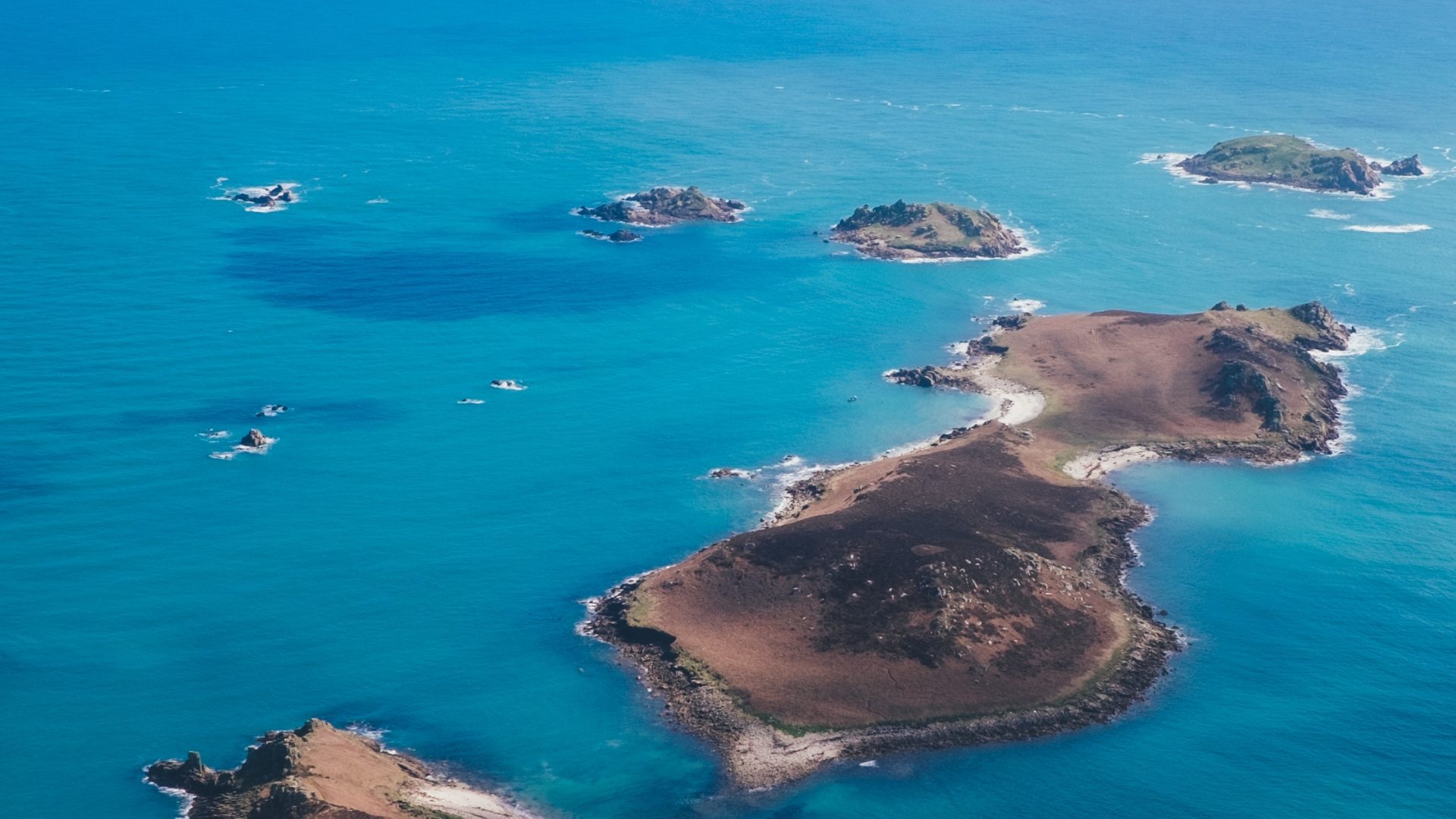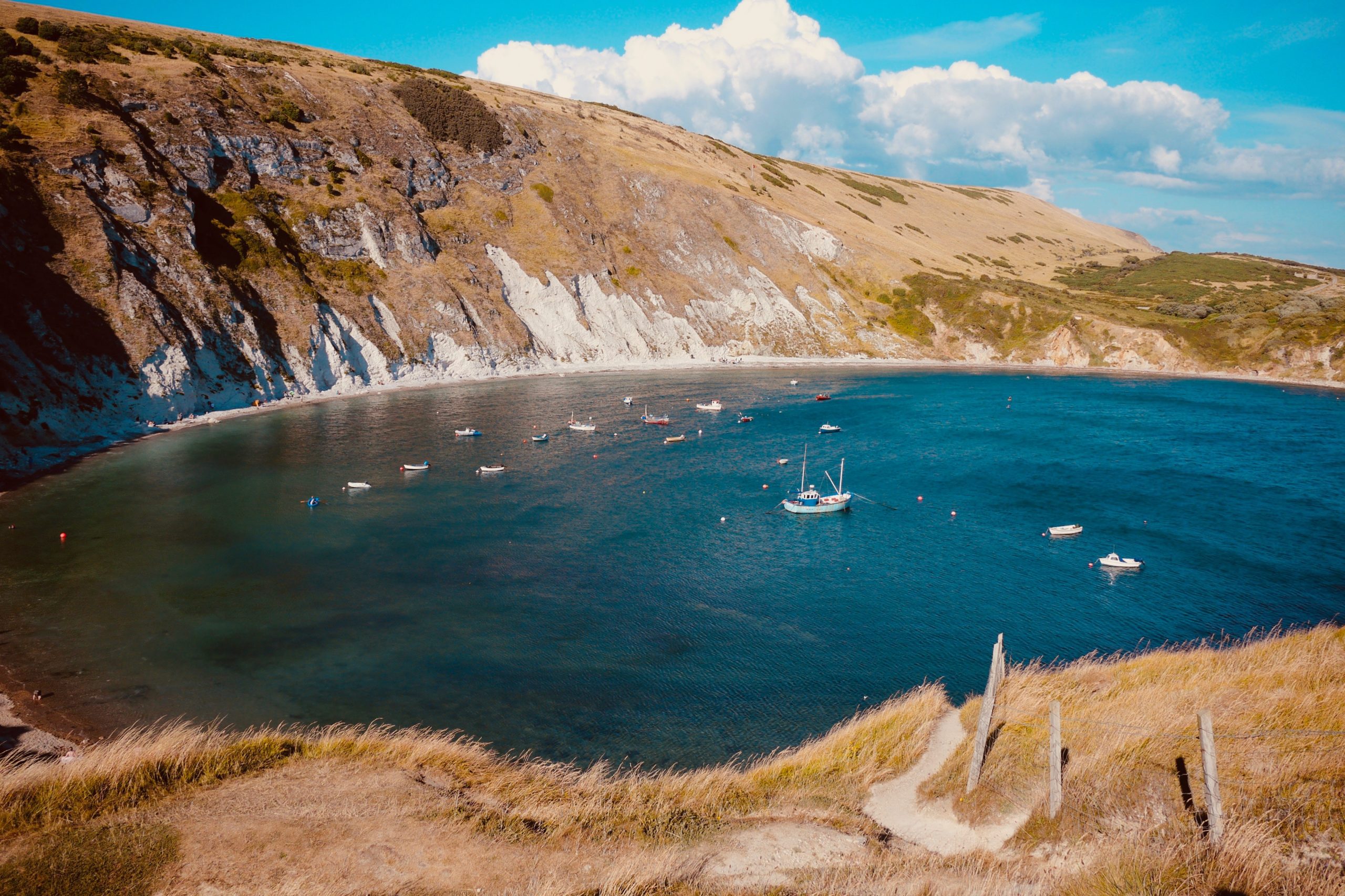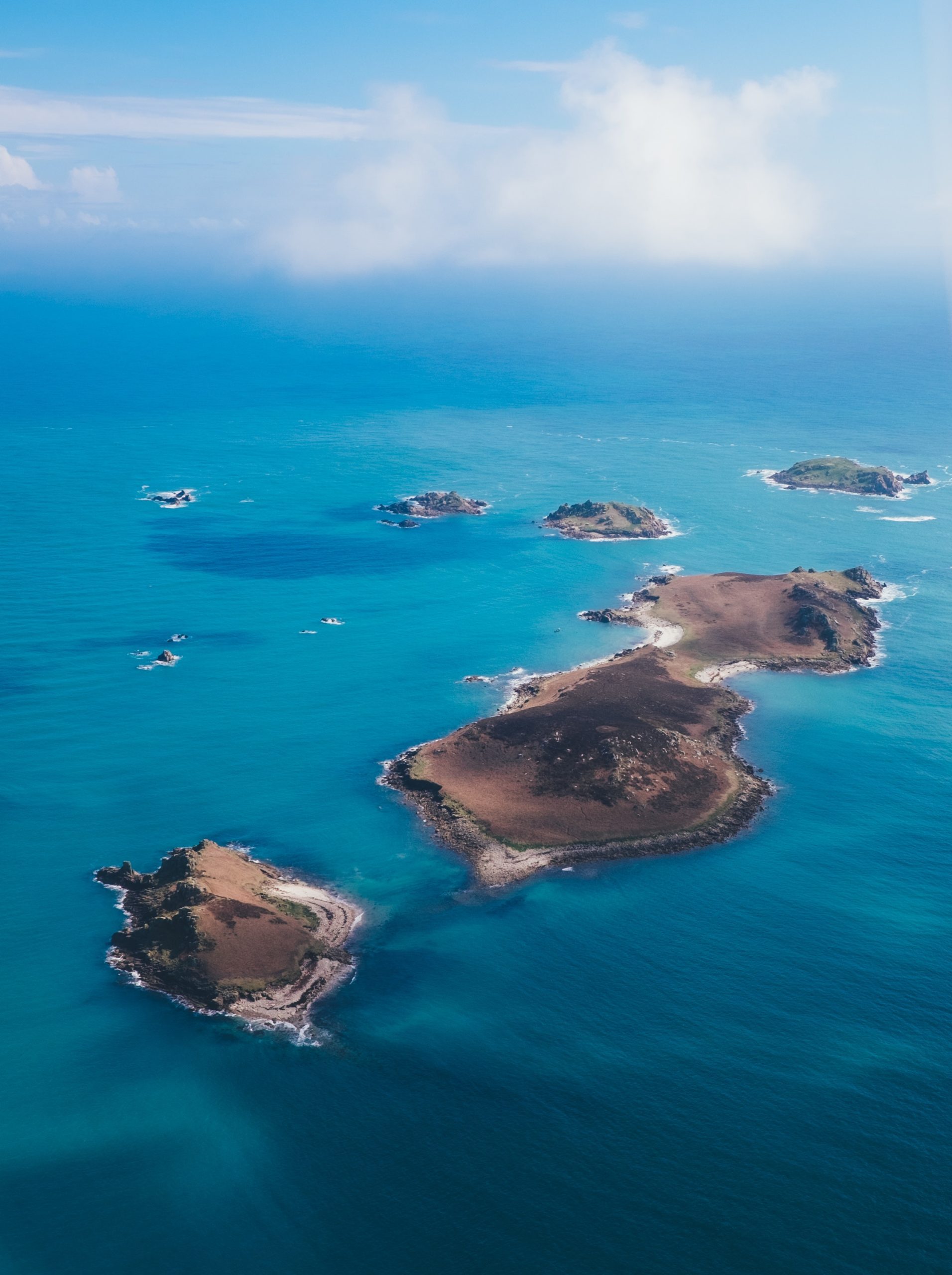
Conservationists hail ‘significant’ decision over UK Blue Belt expansion

A decision to expand the UK’s blue belt has been nationally welcomed by conservationists, as an extra 41 ocean areas are announced as Marine Conservation Zones (MCZ).
The special zones are part of the UK’s bid to help protect 30% of the world’s oceans by 2030 and aim to conserve areas which are home to special and rare marine species and habitats.
Now, it has been revealed that the new protections will safeguard an extra 12,000 square kilometres of marine environment – an area almost eight times the size of Greater London, with spots stretching from Cornwall to Northumberland.
It makes a total span of 220,000 square km and 128 locations across British coastline and coastal territory, shielding environments for creatures like the rare stalked jellyfish, short-snouted seahorse and blue mussel beds and allowing them to thrive.
Hugo Tagholm, CEO of marine charity Surfers Against Sewage, said: “The designation of a new wave of marine protected areas is a great step in the right direction – marking out the areas of the ocean map where we can create the conditions to truly allow marine life to recover and thrive.
“Implementation, enforcement and monitoring come next and this is what will create the true impact and ensure our seas to sparkle with life once again.
“We must also make sure the public understand the importance of properly protecting these areas and rewilding the ocean ecosystem.
“Radically reducing or eliminating our demands, extraction and impact in these areas will mean the seas will boil with fish and counteract the impacts of global heating.”
The announcement forms part of an ongoing project by which began in 2013, building on the ambitions of the Government’s 25 Year Environment Plan.
With 50 zones already designated in 2013 and 2016, the UK now has 355 Marine Protected Areas of different types, spanning 220,000 square km – nearly twice the size of England.
New areas revealed in the latest wave of protections will include a 132 square km site south of the stunning Isles of Scilly, conserving areas for of a wide range of animals, both on and in the sediment, such as worms, bivalve molluscs, starfish, anemones, sea firs and sea urchins – as well as a number of fish species.

The Orford Inshore area on the Suffolk coast has also landed protections for a 72 square km stretch, to conserve homes for a number of colourful species of burrowing anemones, sea cucumbers and urchins and starfish. Important shark species have also been found throughout the site, including the small-spotted catshark and several species of rays.
Following the announcement, Environment Secretary Michael Gove said: “The UK is already leading the rest of the world by protecting over 30% of our ocean – but we know there is more to do.
“Establishing this latest round of Marine Conservation Zones in this Year of Green Action is another big step in the right direction, extending our blue belt to safeguard precious and diverse sea life for future generations to come.”
Each designation is based on scientific evidence provided by marine experts from Natural England and the Joint Nature Conservation Committee (JNCC), as well as socio-economic information provided by stakeholders and Defra economists.
The next stage of the announcement will now see management plans put into place and give regulators, such as the Marine Management Organisation and local Inshore Fisheries and Conservation Authorities (IFCA), the responsibility to ensure the MCZs are properly protected, by working with local fishing communities and other organisations.
This latest round of protections follows an extensive consultation, including with local fishermen and marine conservation experts, which received overwhelming support for the proposals and a total of more 48,000 responses submitted by members of the public.
It is critical that Marine Protection Areas also extend beyond Exclusive Economic Zones (EEZ) and into our High Seas through the long-awaited Biodiversity Beyond National Jurisdiction resolution, a legally binding agreement to establish high seas MPA’s. The positive steps we see the government make in our terrestrial waters places the UK in a strong position to act as world leaders in driving international commitments that truly protect our oceans.
